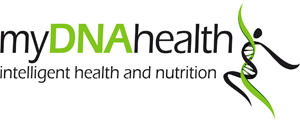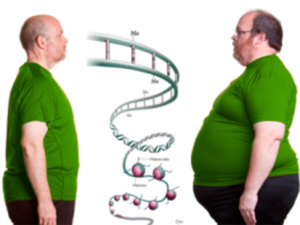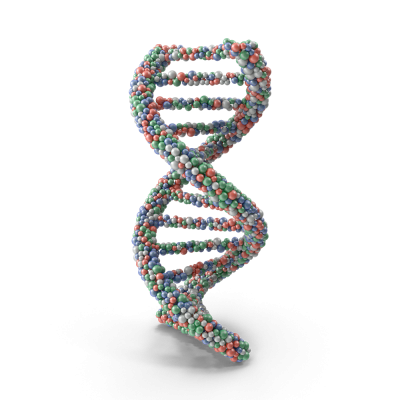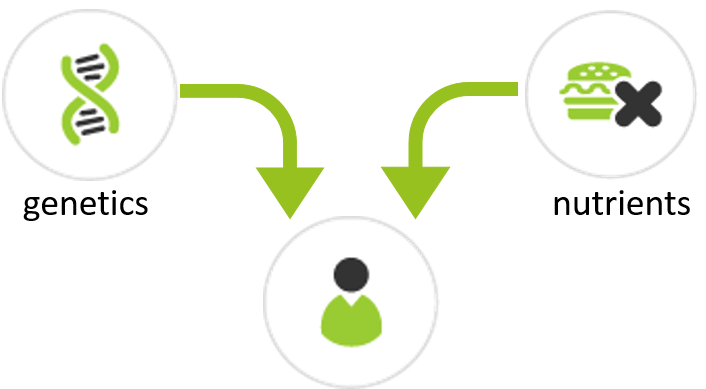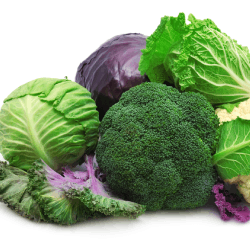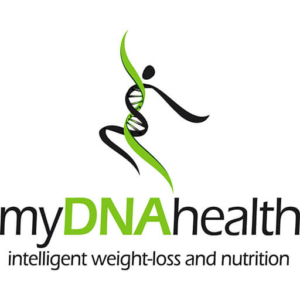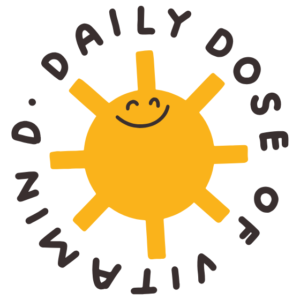 https://mydnahealth.co.uk/wp-content/uploads/2024/10/VitD.png
560
560
mkw
https://mydnahealth.co.uk/wp-content/uploads/2016/04/logo-3-300x120.png
mkw2024-10-11 10:28:252024-10-29 14:54:34The Need for Vitamin D3
https://mydnahealth.co.uk/wp-content/uploads/2024/10/VitD.png
560
560
mkw
https://mydnahealth.co.uk/wp-content/uploads/2016/04/logo-3-300x120.png
mkw2024-10-11 10:28:252024-10-29 14:54:34The Need for Vitamin D3EPIGENETICS IS SO POWERFUL THAT EVIDENCE SHOWS THAT IT’S NOT JUST WHAT YOU EAT THAT AFFECTS YOUR GENE EXPRESSION
It’s what your parents ate…
And what their parents ate!
“The devil has put a penalty on all things we enjoy in life. Either we suffer in health or we suffer in soul or we get fat.”
Albert Einstein, 1879–1955
GENES AND HEALTHIER YOU
Why is genetics important to your health?
We share a lot with our family, including genes, lifestyle and environment with our family members. These things can affect our health and the risk for illness developing. Unfortunately many of us have a relative with a health condition many of which are avoidable with the right lifestyle.
Research indicates that over 99% of our genes are the same. The 1% that are different affect differences you can see like eye color and height as well as many differences that you can’t see, such as our risk for diabetes and heart disease. Some genetic variants work better than the original, and many make no difference at all. Some cause problems. Most common health conditions are caused by a combination of gene changes, lifestyle choices, and your environment.
Taking the time to learn about the health conditions that run in your family and your genetic variants can be worthwhile. It can help you understand your own health risk and make healthy lifestyle and nutrition choices.
EPIGENETICS – THE BASICS
Genetics and our environment work together to affect gene expression
The science of epigenetics says that your fate is not written in stone even if you have genetic predispositions. Certain environments and circumstances in life can cause genes to be silenced (turned off) or expressed (turned on) over time. This means that genes can be activated and deactivated by signals from your environment including stress, nutrition, toxicity exposure, exercise and sleep.
You can’t change your genes but you can influence the gene expression, the process where information from a gene’s DNA sequence is translated into a substance, like a protein, that is used in the cell’s structure or function. This means two genetically identical twins can experience different symptoms and health conditions due to their different environments.
Clinical Application
The Fat Mass and Obesity (FTO) gene is known as our “hunger” or “snacking” gene and plays a plays a role in appetite regulation and weight gain. Genetic variants are associated with increased BMI, body fat percentage and waist measurement. A person with these genetic variants may have a reduced ability to feel full after eating, and likely to overeat. However, by exercising daily for 30 minutes you can lower that risk by 30 percentage. Watching the diet, eating loads of leafy greens, along with the exercise, the risk is halved.
Melanocortin-4 Receptor (MC4R) gene is involved in the regulation of our appetite. People with the genetic variant are deficient in the MC4R protein and show increased food intake, obesity and hyperinsulinaemia. Recent research shows those carrying the genetic variant may have an increased preference for high fat foods and decreased preference for sugar foods.
WHAT IS GENE EXPRESSION?
Gene expression refers to the process where information from a gene’s DNA sequence is translated into a substance, like a protein, that is used in a cell’s structure or function.
METHYLATION AND GENE EXPRESSION
Methylation of DNA has a profound effect on how our genes are expressed, and ultimately on cellular, tissue and the whole body function.
Methylation is the addition of a methyl group CH3 to another chemical, or DNA that alters its function or expression. It takes place over a billion times a second in the body and can be likened to functioning cogs and wheels which need to glide smoothly.
A properly functioning methylation pathway means a person will have a better chance in eliminating toxins and heavy metals, which can reduce risk for numerous health issues. Methylation also helps with depression, inflammation and the regulation of neurotransmitters and hormones.
THE SINS OF OUR PARENTS AND GRANDPARENTS
Our actions throughout our lifetime can impact our offspring’s genes. Epigenetic information is passed on from parent to child. This information can be influenced by the parent’s lifestyle choices.
A babies genes can also get altered by the mother’s lifestyle choices.
NUTRIGENOMICS ASSISTS GENE EXPRESSION
Nutrigenomics is the study of how foods affect our genes and how genetic variants can affect the way a person responds to nutrients. Below are examples of how nutrition can affect gene expression.
THE TWINS STUDY
Identical twins who have the same genes. If one twin has schizophrenia, the odds of the other twin having schizophrenia 50%, the same goes for cancer risk; it’s not 100%, which is what you would expect if they are 100% genetically the same.
The only difference would be what they were exposed to in their different environments including their food choices..
THE QUEEN BEE STUDY
A worker bee and queen bee have the same genes, but the queen bee becomes larger and lives longer due to the Royal Jelly she is fed. Her phenotype is changed by diet but her genes stay the same.
[intense_pricing_table grouping=”1″ hover_expand=”1″ shadow=”8″]
[intense_pricing_section template=”heading_circle” title=”OPTIMAL HEALTH” amount=”£99.00″ background_color=”#719430″ font_color=”#fff”][/intense_pricing_section]
[intense_pricing_section template=”standard_no_padding”]

[intense_pricing_section]
Using genetic analysis and health/lifestyle questionnaires, we provide a personalised report to help you rebalance your wellbeing, control your weight and manage your future health.
[intense_pricing_section template=”footer”][intense_button size=”medium” color=”#719430″ border_radius=”5″ link=”https://mydnahealth.co.uk/product/optimal-health/”]Find Out More[/intense_button] [/intense_pricing_section]
[/intense_pricing_table]
[intense_pricing_table grouping=”1″ hover_expand=”1″ shadow=”8″]
[intense_pricing_section template=”heading_circle” title=”OPTIMAL HEALTH PRO” amount=”£199.00″ background_color=”#b5ce57″ font_color=”#fff”][/intense_pricing_section]
[intense_pricing_section template=”standard_no_padding”]

[intense_pricing_section]
Only available from qualified Health and Nutrition Practitioners. Our Optimal Health Pro Report provides a wider DNA analysis to aid diagnosis and to identify where intervention can counteract predisposition to a number of health issues.
[intense_pricing_section template=”footer”][intense_button size=”medium” color=”#b5ce57″ border_radius=”5″ link=”https://mydnahealth.co.uk/product/optimal-health/”]Find Out More[/intense_button] [/intense_pricing_section]
[/intense_pricing_table]
[intense_pricing_table grouping=”1″ hover_expand=”1″ shadow=”8″]
[intense_pricing_section template=”heading_circle” title=”OPTIMAL HEALTH 23andme” amount=”£70.00″ background_color=”#405623″ font_color=”#fff”][/intense_pricing_section]
[intense_pricing_section template=”standard_no_padding”]

[intense_pricing_section]
You’ve learnt about your ancestry, now use your 23andMe data to unlock your health potential.
myDNAhealth can analyse and report over 27 health and wellness areas for you.
[intense_pricing_section template=”footer”][intense_button size=”medium” color=”#b5ce57″ border_radius=”5″ link=”https://mydnahealth.co.uk/product/ancestry_dna_analysis//”]Find Out More[/intense_button] [/intense_pricing_section]
[/intense_pricing_table]
[intense_pricing_table grouping=”1″ hover_expand=”1″ shadow=”8″]
[intense_pricing_section template=”heading_circle” title=”NUTRIGENOMIC
SUPPLEMENTS” amount=”£29.00″ background_color=”#ffa500″ font_color=”#fff”][/intense_pricing_section]
[intense_pricing_section template=”standard_no_padding”]

[intense_pricing_section]
Our range of specially developed dietary supplements addresses health vulnerabilities – stress, toxicity, sleep, food cravings or blood-sugar imbalance – allowing you to take back control.
[intense_pricing_section template=”footer”][intense_button size=”medium” color=”#ffa500″ border_radius=”5″ link=”https://mydnahealth.co.uk/product/optimal-health/”]Find Out More[/intense_button] [/intense_pricing_section]
[/intense_pricing_table]
